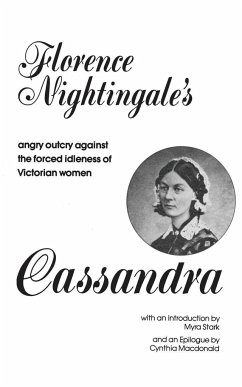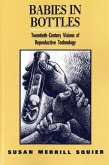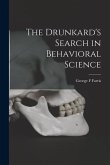The world knows Florence Nightingale as "the lady with the lamp"the revered founder of nursing as a respectable profession for women. But few people are aware that Nightingale's career began only after years of struggle to free herself from her suffocating Victorian family. In this surprisingly passionate feminist essay (a "brilliant polemic," states Martha Vicinus), Nightingale denounces the lives of idleness she and other women of her class were forced to lead.
Hinweis: Dieser Artikel kann nur an eine deutsche Lieferadresse ausgeliefert werden.
Hinweis: Dieser Artikel kann nur an eine deutsche Lieferadresse ausgeliefert werden.








